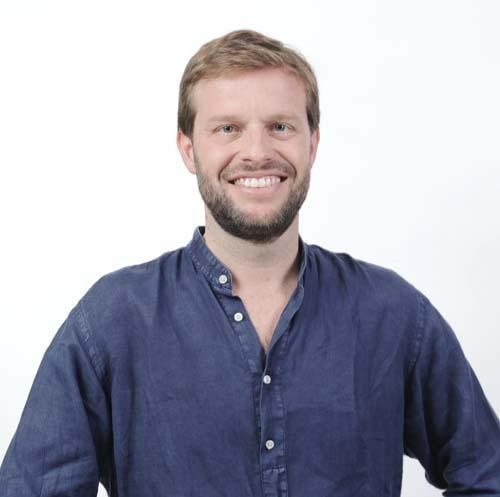He holds a MSc in Industrial Engineering (2007) and a PhD in Management Engineering (2014) from Universidad Politecnica de Madrid (UPM). From 2010 to 2015, he taught graduate and postgraduate courses on Entrepreneurship at UPM and he carried out international research. For three years he worked as a sustainability analyst at ACCIONA, where he designed and implemented the Corporate Training Program on Sustainability. During the last decade, he has been lecturing for postgraduate programs in different national Universities (Universidad Politecnica de Madrid, Universidad Pontificia de Comillas or Universidad Carlos III) and international business schools (Universitas Pelita Harapan, Indonesia).
He currently teaches at ESCP Business School as a Permanent Affiliate Professor. His fields of knowledge are sustainability, entrepreneurship and innovation. He is Executive Director of the Entrepreneurship track (Option E, Master in Management) and Executive Director of the Master in Hospitality and Tourism Management. He also helps as coordinator of Sustainability Office at Madrid campus. His field of research is innovative business models for sustainability and the social business model.
